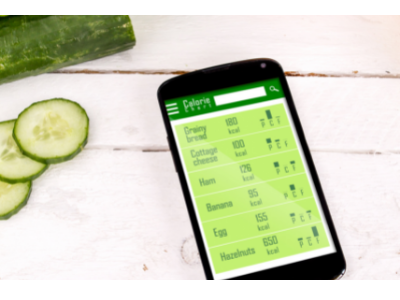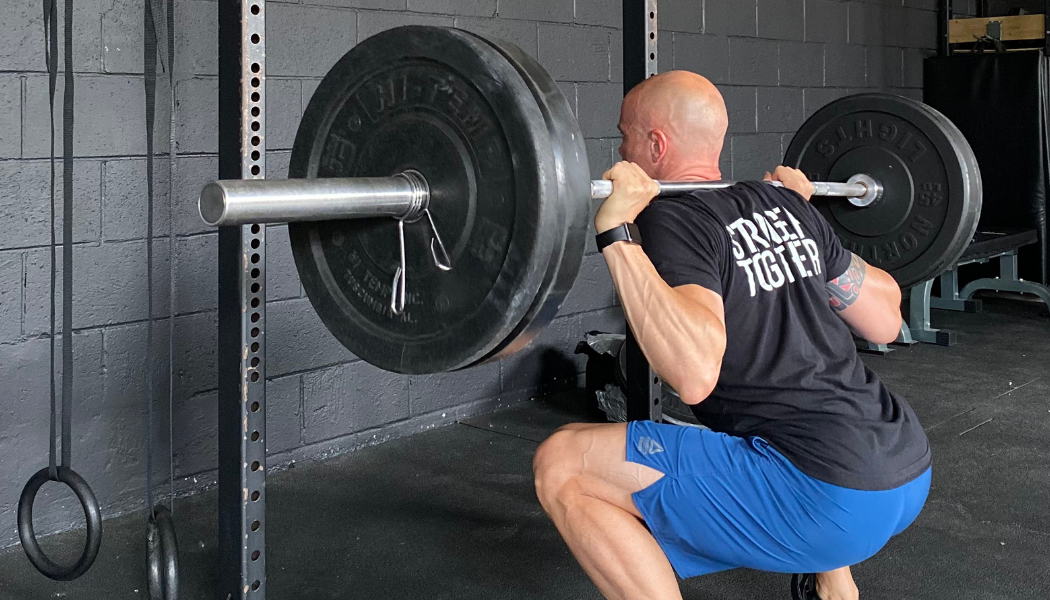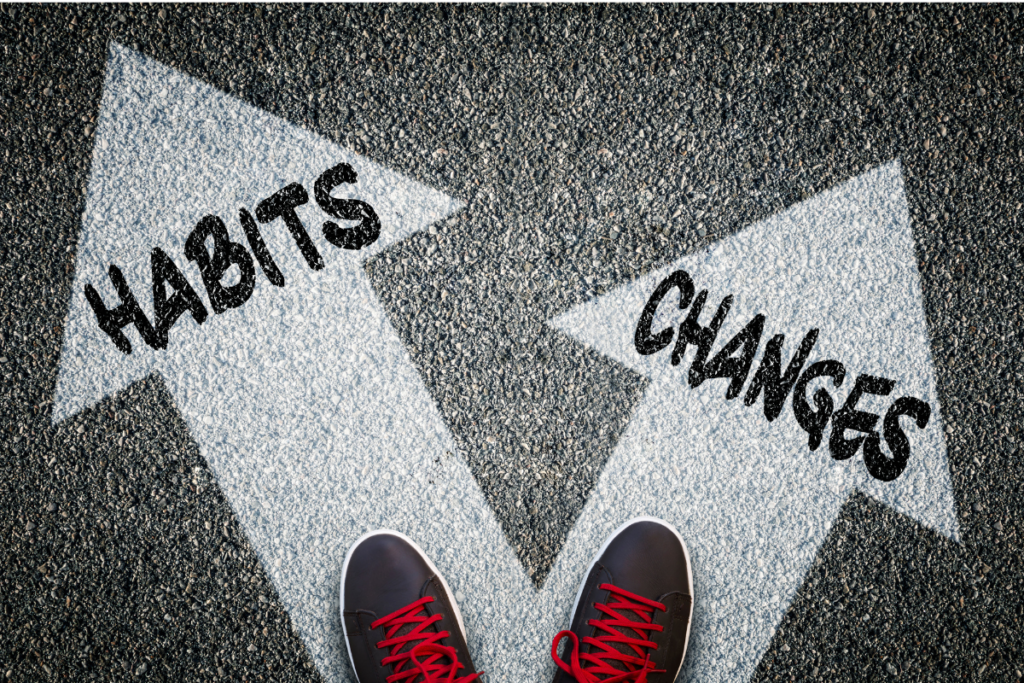3 Reasons Why Counting Calories Doesn’t Work and What To Do Instead

We’ve all been taught to count calories to lose weight right? If you’ve tried this you know how frustrating it can be and here are 3 reasons why:
1. IT MAKES YOU THINK OF FOOD ALL THE TIME
Do you really want to be weighing, measuring and analyzing everything you eat? Hell no! It’s a “food prison” and who wants to live there, besides how long do you think you can do it?
2. IT CAUSES YOU TO LIVE IN YOUR HEAD
Counting calories causes you to approach food from a completely mental standpoint. You make up rules of what you can and can’t eat, what has the best bang for your calorie buck, and what’s the healthiest with the lowest amount of calories. This keeps you locked in the food prison and never really get in touch with what your body wants or needs.
3. IT’S COMPLETELY UNREALISTIC IN THE LONG RUN
Imagine starting today and for the rest of your life, you have to weigh, measure and analyze every last bit of food that you ate. It’s just not sustainable and it’s a bandaid approach for short term gain.
What to do instead
1. EAT INTUITIVELY
Trust your body. Your body is an amazing machine, it knows when it’s hungry, when it’s full and when something’s not right. While a complicated machine, don’t overthink it, keep it simple. Start by eating 3 balanced meals a day; breakfast, lunch and dinner. Try to get a combination of carbohydrates, protein and healthy fats at each meal. Fill your plate with lots of veggies, add protein, then some complex carbohydrates like sweet potato and finish with quality healthy fats such as olive oil.
2. SLOW DOWN
What’s the rush? When we eat, most of the time we are preoccupied with thinking about what we have to do next. Why not enjoy that meal, take your time, taste the food – it’s a celebration. Not everyone is so lucky. Tips; put the fork down between bites, take a sip of water, talk with your partner, chew longer – whatever it takes, slow down!
3. LEAVE SOME ROOM
Touching a bit on point #2, your stomach and mind take about 20 minutes to register the feeling of being full. So, if you eat every meal to the point of fullness (stuffed) in about 20 minutes you may start to feel lazy or lethargic (overstuffed). We’ve all been there right? Try this next time you eat; stop when you feel about 80% full (still have room, but feel satiated), leave food on the plate (save it for a snack later), wait 10 minutes and see how you feel.
We’re here to help, book a free call – https://msgsndr.com/widget/appointment/service/no-sweat-intro?group=collectivefit
The post 3 Reasons Why Counting Calories Doesn’t Work and What To Do Instead appeared first on CollectiveFit.
More Posts





